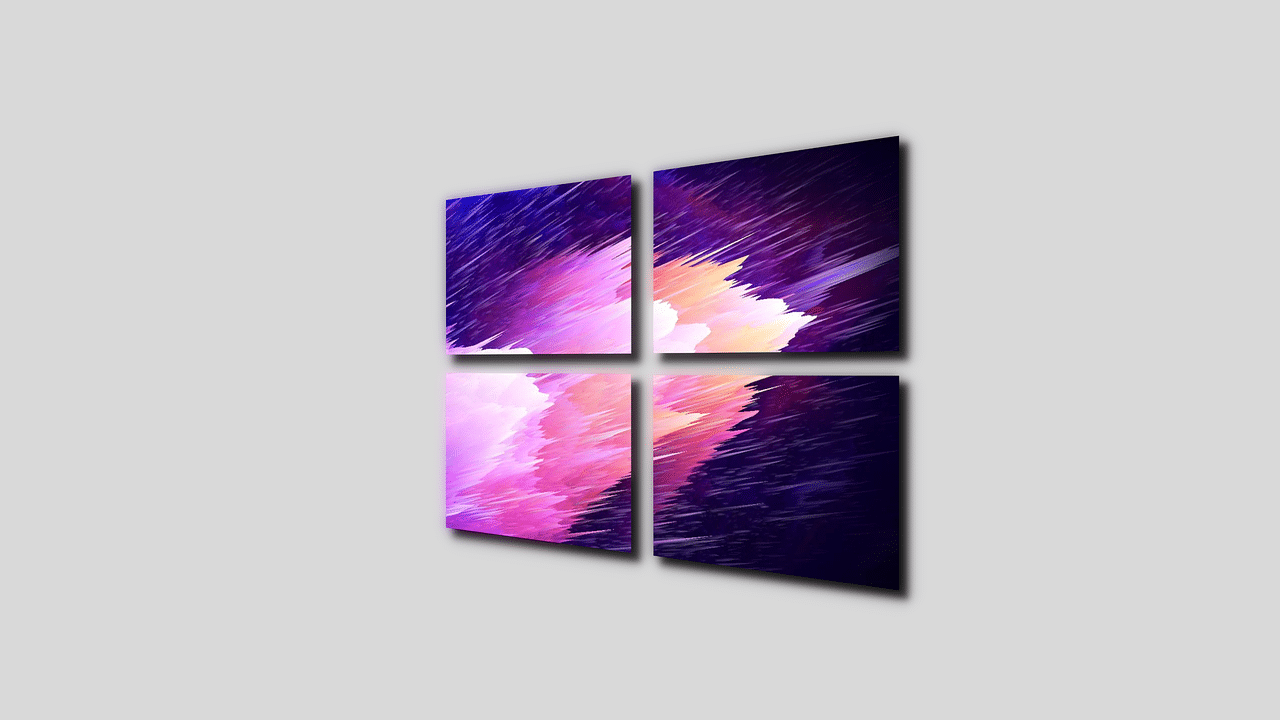
I start by warning that I am going to test readers' patience by talking about Windows 11 everything that the editors of Linux Adictos allow me. There is within the free software community an attitude of disinterest or contempt for what happens within the computer industry that is, to a large extent, responsible for the fact that proprietary software continues to dominate the market.
Why should we be interested in Windows 11?
On the other hand, and without subscribing to conspiracy theories, it is clear that the pandemic served to refloat mechanisms of social control that one would expect from dictatorships and not from established democracies. This makes the free distribution of information, and of the software capable of analyzing it, is increasingly necessary.
What happens with Windows 11 is important to the Linux world for two reasons:
- A strong Microsoft puts limits on the monopoly efforts of Amazon, Google and Apple (and vice versa)
- It will determine if the company still has the power to impose hardware requirements.
I have said several times (And I think I have proven it) that I am the most pro-Microsoft of the authors of Linux Adictos. I am uploading this article to the blog using the Linux version of the Edge browser, and I often write drafts in the mobile version of Microsoft Office. I am (was) one of the first to download the developer versions of Windows
This does not imply that I have bought into the tale of love for free and open source software. I always understood that it was a marriage of convenience. Microsoft's competitors (especially Google and Amazon) use it in their fight for market share with Redmond, therefore the company had to adopt it. My stance was always one of take advantage of what they give us, but knowing that companies will always be companies and that things would not last forever.
In a comment to my previous article, the reader Vicfagar expresses my point of view almost better than I do:
… Satya Nadella's ineptitude and bad faith will cost Microsoft dearly. This subject, although in a different format, is the continuation of Ballmer as far as the assault on hardware is concerned. During these years his only objective has been to generate money, services before innovation; bread for today and hunger for tomorrow, and we are already in tomorrow. To proclaim oneself a patron of GNU / Linux is an impudence when their plans go through because everything has to be executed under their directives on closed hardware. It is a golden opportunity for the GNU / Linux world, but I am very afraid that this man will either drop his pants or they will put him on the street before 2025.
Windows 11 and TPM. An explanation with historical roots
However, if we go to the history books, the strategy may make sense.
IBM at first did not believe in personal computers, it thought that would affect the mainframe market it was leading. When he decided to do it, his competitors were far ahead of him. Its executives determined that they should have their first personal computers on the market within a year.
As a way to achieve this, it decided to abandon its internal development policy and, turn to Intel and Microsoft as suppliers of microprocessors and operating system for your PC. Also adopted an "open architecture" policy (Make the hardware specifications public) to facilitate the creation of third-party software.
In principle the thing worked. IBM PC became the industry standard. But, in return manufacturers appeared who cloned IBM equipment and were able to run any software that ran in the original.
As a result, IBM lost customers, meanwhile, Microsoft and Intel kept making money.. Microsoft had a monopoly on the operating system, and although Intel had to license its technology, its capacity for innovation gave it an edge over its competitors.
According to industry analysts, IBM's mistake was outsourcing and making the architecture open at the same time. Either it should have developed its own hardware, negotiated an exclusivity window for the use of the chips with Intel, or obtained the intellectual property of the operating system.
IN 1987 IBM attempted to regain control by introducing the PS / 2 line of personal computers that featured the OS / 2 operating system developed jointly with Microsoft. But, it was too late. In 1990 Windows would appear.
Microsoft does not want to repeat IBM's mistake. More and more hardware is appearing that uses non-Windows operating systems. Its strategy is to take advantage of its still dominant position on the desktop to force manufacturers to create products that are difficult to install other operating systems.
I believe, within my limited knowledge, that these security requirements are more oriented to the "cloud" PCs than to the security of a home or corporate user.
If in the future part of the OS runs in the cloud, including key components and user files, these security measures are essential.
Obviously control over the information on the PC is diluted, including the need to always be connected and that is where Linux can have a great future.
Step by step we go to Windows 365, where the entire company network will be virtual and out of control of the company. Less computer scientists managing networks but including subscription payment ... Office 365 was the first step.